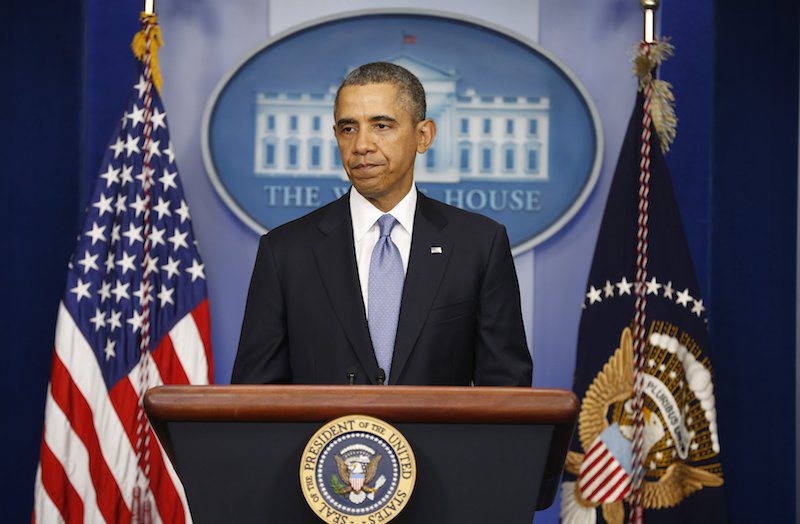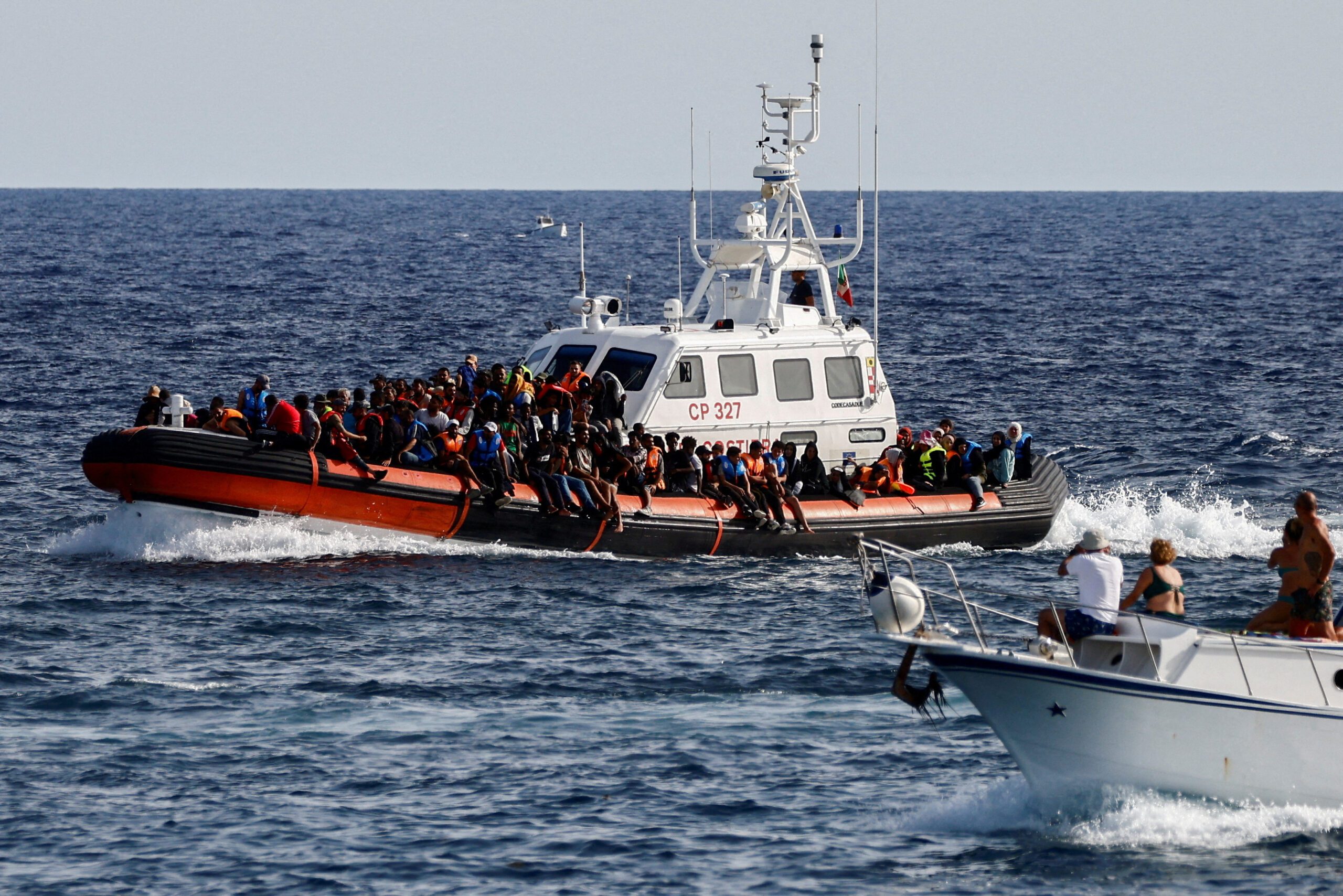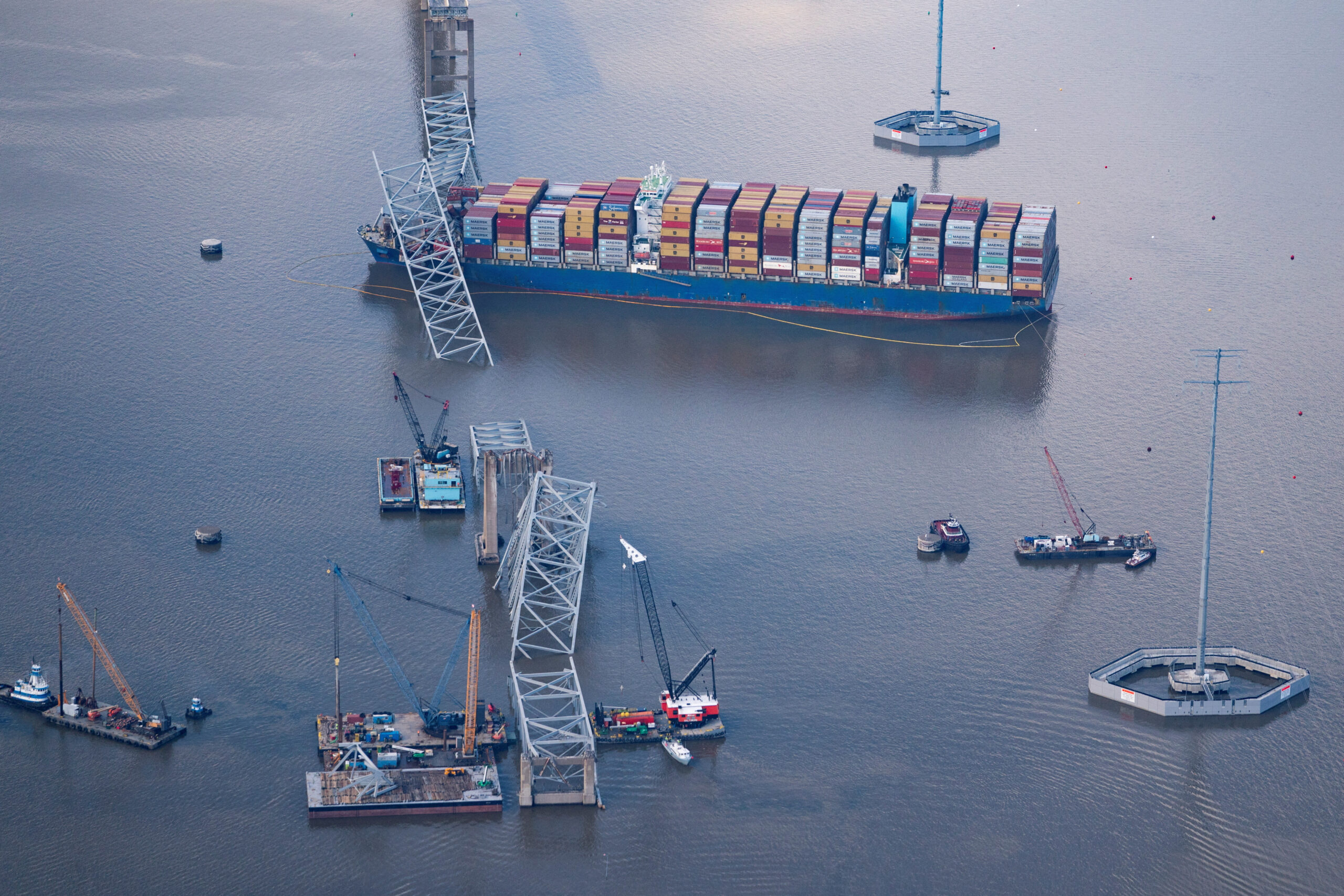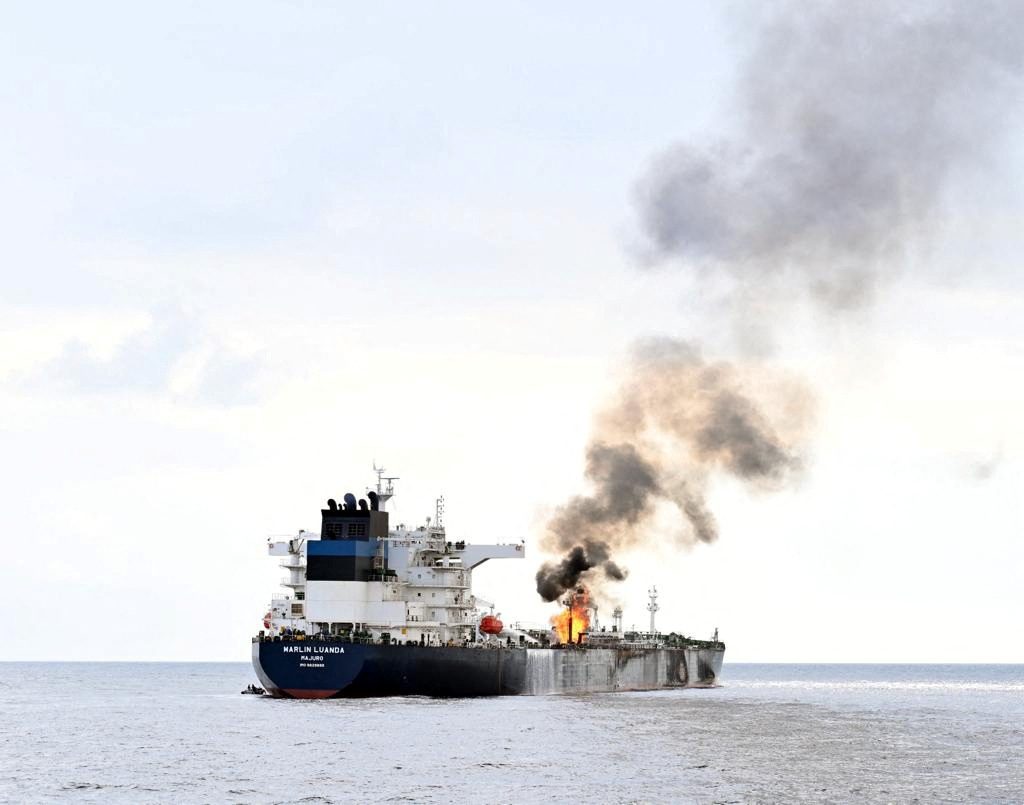U.S. President Barack Obama pauses while speaking about the crisis in Ukraine from the White House in Washington March 17, 2014. REUTERS/Kevin Lamarquerus
By James G. Neuger, Stepan Kravchenko and Indira A.R. Lakshmanan
March 17 (Bloomberg) — The U.S. and the European Union imposed sanctions on Russia in their worst dispute since the Cold War after a vote paved the way for President Vladimir Putin to annex Crimea from Ukraine.
EU foreign ministers agreed to freeze assets and impose visa travel bans on 21 Russians and Crimeans, while U.S. President Barack Obama’s administration put similar sanctions on seven Russian government officials and four Ukrainians including ousted President Viktor Yanukovych. Putin responded by recognizing Crimea as a sovereign state.
“Continued Russian military intervention in Ukraine will only deepen Russia’s diplomatic isolation and exact a greater toll on the Russian economy,” Obama said at the White House. The U.S. can “calibrate our response” based on whether Russia chooses “to escalate or to de-escalate the situation.”
While the sanctions are the broadest used on Russia since the 1991 fall of the Soviet Union, Western leaders left the door open to diplomacy. They kept more punitive measures in reserve to dissuade Putin from moving further into Ukraine and avoid severing trade ties between Russia and the West, even if that may offer little deterrence, Michael Singh, managing director at the Washington Institute for Near East Policy.
Further Conflict
“Today’s sanctions are strong only in terms of the officials they touch,” Singh, a former White House National Security Official under President George W. Bush, said in an interview today. “Their actual effects are likely to be modest, especially given that Russian officials have had time to shield their assets. An incremental strategy is ill-suited to a crisis that is moving quickly — and moving perhaps toward further conflict.”
The magnitude of sanctions failed to meet investors dire predictions of more turmoil and lifted markets.
European stocks rebounded from a five-week low and Russia’s Micex share index rallied. Russia’s ruble extended gains, rising 0.8 percent against a basket of currencies to 42.7510 at 6:27 p.m. in Moscow.
After 96.7 percent of voters in Crimea backed joining Russia, according to election commission head Mikhail Malyshev, the region’s lawmakers declared independence today, which was met by Putin’s recognition. His government said the vote on the peninsula, given to Ukraine 60 years ago by Soviet leader Nikita Khrushchev, “fully met international norms.”
Complete Consensus
The U.S. and EU rejected the ballot as “illegal.” EU foreign policy chief Catherine Ashton condemned Russia’s deployment of forces in Crimea as violating its international commitment at a meeting of foreign ministers in Brussels. Obama called on Putin to pull troops back to their bases in Crimea, accept international monitors and open discussions with the government in Kiev.
In the EU, the pace of agreeing on a strategy to confront Russia’s attempt to seize Crimea has reawakened divisions in the 28-nation bloc, with former Soviet satellites urging the firmest possible response and EU heavyweights like Germany and France determined to keep channels open to the Kremlin.
“Countries that are closer to Russia, they see stronger what’s going on,” Estonian Foreign Minister Urmas Paet said in a Bloomberg Television interview. “Countries far away need more time. It is important that there is complete consensus.”
EU leaders will meet on March 20-21 to consider “additional and far-reaching consequences,” the foreign ministers said in a statement at the meeting in Brussels today.
Austrian Foreign Minister Sebastian Kurz said it made sense to target officials “from the political realm, from the military realm, but I think it would be wrong to take random measures against business figures or other groups.”
Russians Hit
Informally, ideas floated publicly by EU officials include restricting Russian access to the European financial system; curbing European investment in Russian industries, notably energy; and imposing European antitrust penalties on Gazprom. No deadline has been set for wider economic sanctions.
EU foreign ministers imposed asset freezes and visa bans on 10 Russian political figures, three military commanders, including Black Sea Fleet Commander Aleksandr Viktorovich Vitko, and eight Crimean politicians.
Putin Allies
The bloc stopped short of blacklisting members of Putin’s inner circle, Deputy Prime Minister Dmitry Rogozin and presidential advisers Vladislav Surkov and Sergei Glazyev, who were hit by U.S.sanctions. The U.S. also imposed measures on parliament and senate committee leaders Leonid Slutsky, Andrei Klishas, and Yelena Mizulina, and upper house Speaker Valentina Matviyenko, according to a White House statement.
Crimean separatist leader Sergei Aksenov and parliament speaker Vladimir Konstantinov were named by both the EU and U.S. The Obama administration banned all those it targeted from traveling to the U.S. They will have any assets under U.S. jurisdiction frozen and U.S. entities are prohibited from doing business with them.
A Treasury Department official, who spoke on condition of anonymity because of the sensitivity of the issue, noted that reputable global financial institutions, even those based outside the U.S., tend to refuse to do any business with individuals or entities on the U.S. sanctions list.
The measures stopped short of targeting Putin because it’s highly unusual for the U.S. to sanction another country’s head of state, said a senior U.S. administration official, also speaking on condition of anonymity due to the sensitivity of the matter.
Crimean Secession
“The United States also will seek to hold accountable individuals who use their resources or influence to support or act on behalf of senior Russian government officials,” the White House said in the statement.
Russian presidential spokesman Dmitry Peskov declined to comment on the sanctions before a speech by Putin tomorrow.
Rogozin responded on his Twitter Inc. account by posting, “Comrade Obama, what will those do who don’t have any accounts or assets abroad? Did you think of that?”
Russia, which said its soldiers in Crimea are only reinforcing existing bases, says radicals have taken control in Ukraine after Yanukovych was ousted following protests that started in Kiev when he rejected a deal to improve EU ties in favor of financial aid from Russia.
Putin says Russian-speakers in Ukraine are under threat of violence and Russia has an obligation to protect them.
Further Isolation
Ukraine’s new government rejects that account of events and says Russia has sent its own nationals to foment unrest in the eastern regions of the country of 45 million.
Lawmakers in Kiev approved plans to mobilize an extra 20,000 reservists and conscripts because of concern that Russia may try to send troops into the east of the country. Ukraine’s government says pro-Russian protesters have attacked administration buildings.
Russia will need to ratify the accord to absorb Crimea in its lower house of parliament, the State Duma, according to government daily Rossiiskaya Gazeta. Lawmakers in both chambers of parliament will also have to amend the constitution to incorporate Crimea, it said.
Alexander Ageyev, the first deputy head of the Russian State Duma’s committee for constitutional affairs, said the accession process might be finished by March 21.
The U.S. will ramp up sanctions if Russia pushes further into Ukraine, said a U.S. official who spoke on condition of anonymity because of the sensitive nature of the issue.
“We’ll continue to make clear to Russia that further provocations will achieve nothing, except to further isolate Russia and diminish its place in the world,” Obama said.
–With assistance from Scott Rose, Vladimir Kuznetsov and in Moscow, Roger Runningen and Margaret Talev in Washington, Svenja O’Donnell in London, Patrick Henry , Caroline Connan, Ian Wishart and Jonathan Stearns in Brussels, and Helena Bedwell in Simferopol.
Copyright 2014 Bloomberg.
Unlock Exclusive Insights Today!
Join the gCaptain Club for curated content, insider opinions, and vibrant community discussions.

 Join The Club
Join The Club













